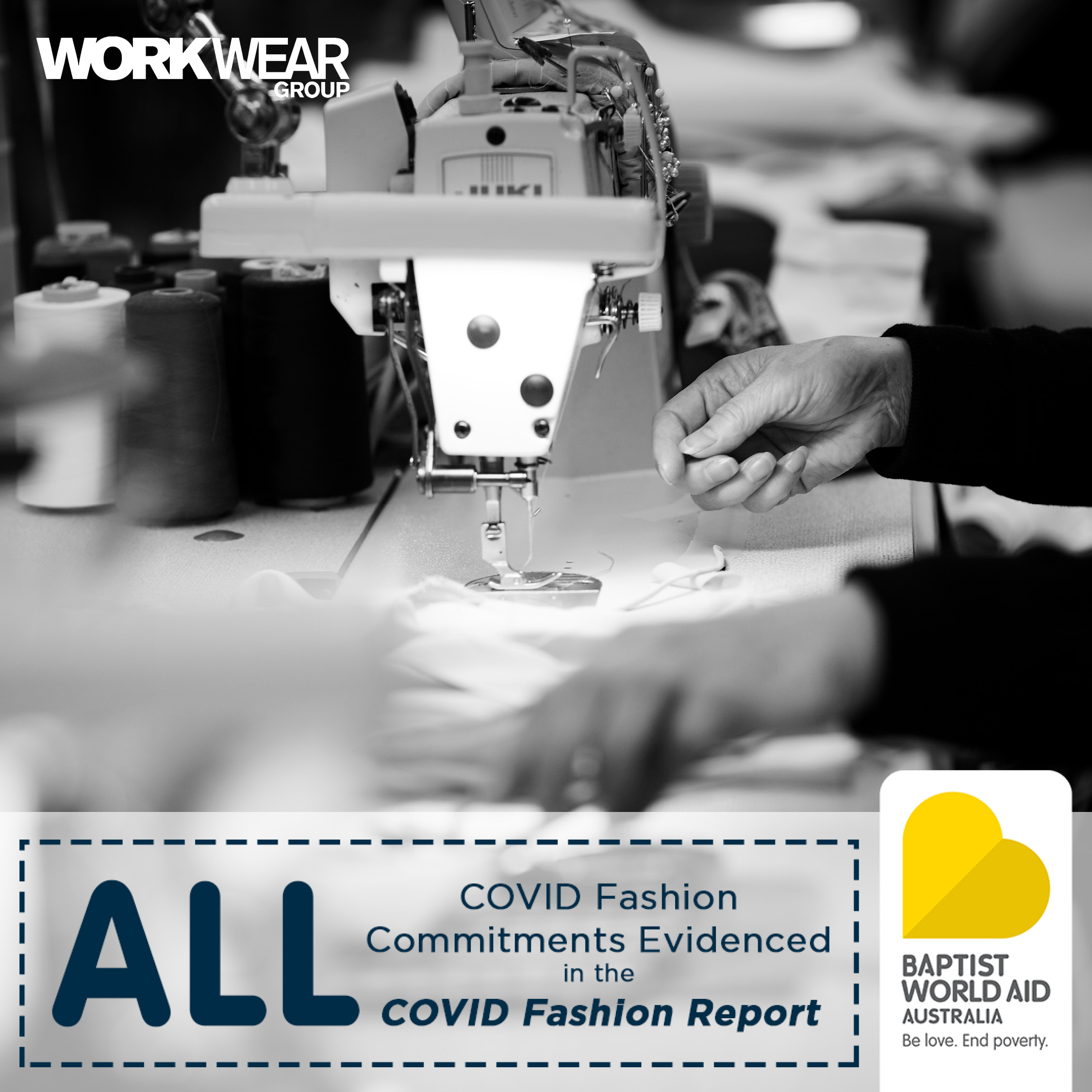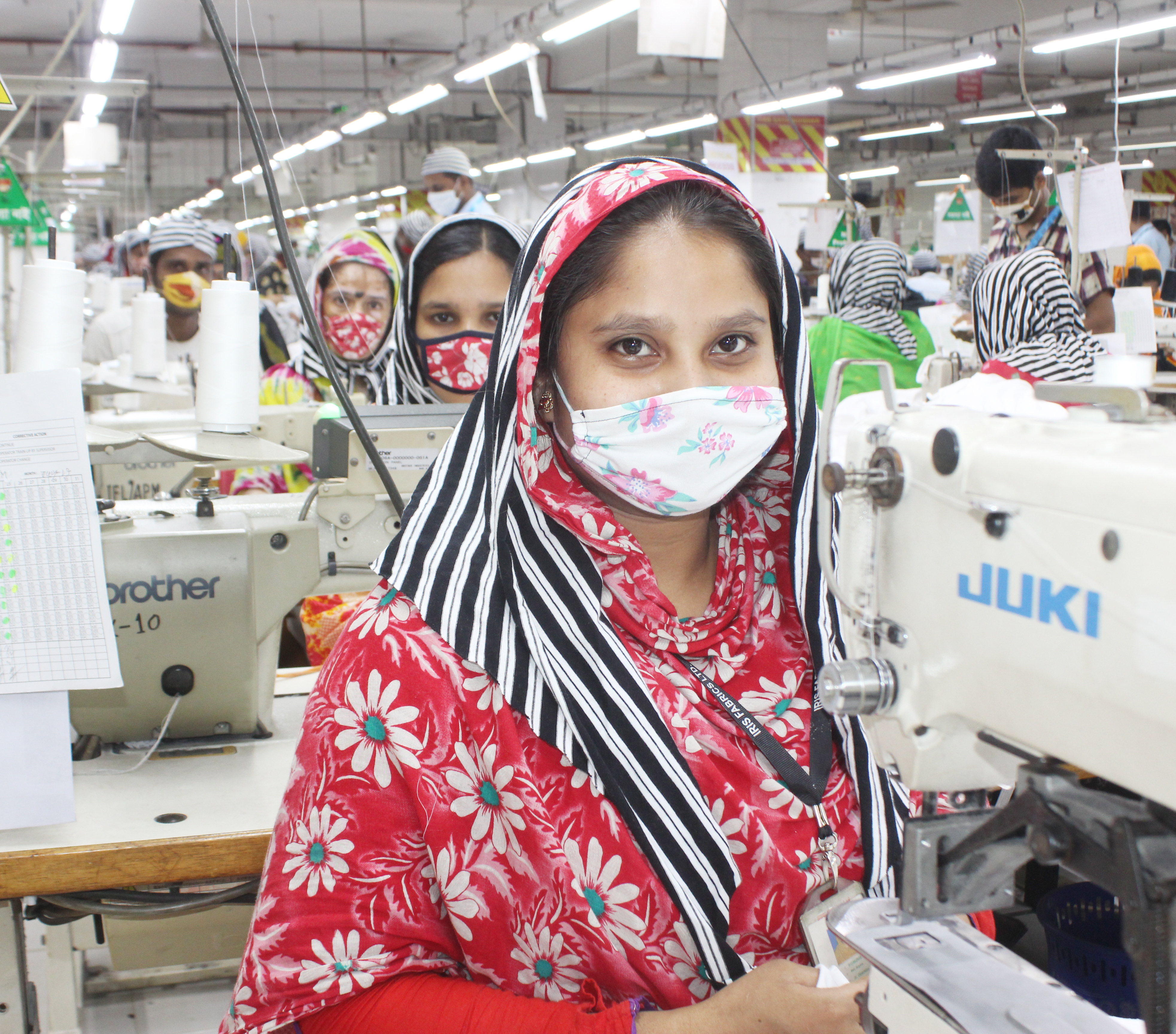Impacts of COVID-19 on human rights
Wesfarmers’ response to the unprecedented challenges presented by COVID-19 reflects the hard work and dedication of almost 114,000 team members and leaders to support our customers, suppliers and local communities.
In our operations
Wesfarmers reaffirmed our respect of human rights during the COVID-19 crisis in our operations and supply chain.
As the COVID-19 crisis began to unfold in early 2020, COVID-19 response teams were set up with the most senior managers across the Group. These teams continue to focus on protecting the health and safety of our team members and customers in Australia and in the countries where we operate, while supporting government efforts to limit the spread of the virus. Human rights impacts related to COVID-19 in our operations remain front and centre of our response.
With the evolving COVID-19 restrictions, all our businesses implemented measures to protect the health and safety of team members and customers. In our retail businesses, a significant focus was adapting our store operations so they could continue trading and meet customer and team member needs in a COVID safe manner. These included measures to support physical distancing, the introduction of perspex protective screens, increased cleaning in addition to deep cleans, limiting customer numbers in-store, providing additional handwashing stations with sanitiser and ceasing in-store activities like access to fitting rooms, cafes and playgrounds.
Across all our businesses and distribution centres, new processes were put in place including workforce planning to prevent overlap of team rosters and greater use of personal protective equipment such as gloves and masks.
Team members were asked to work from home where possible and many continue to do so as required. Our businesses provided team members with the appropriate equipment including technology to ensure they can continue to work effectively outside of their usual working environments.
The Group continued to provide two weeks of paid pandemic leave to permanent and casual team members required to self-isolate or care for others. When trading restrictions were imposed, we incurred substantial extra costs to keep team members and customers safe; we continued to pay our suppliers on time; and we extended additional financial support to our community not-for-profit partners that had suffered significant impacts to revenue.
The Wesfarmers retail divisions continued to support team members requiring leave associated with COVID-19. Types of support for team members included:
- paid pandemic leave for team members required to self-isolate or quarantine
- no loss of pay for team members deemed high risk due to their age or an existing medical condition and therefore unable to work
- discretionary payment to those permanent team members who required leave if sick leave was exhausted
- paid time off for the purposes of being vaccinated additional discretionary payments to ensure team members who may have been stood down during lockdown periods in Victoria did not suffer a loss of pay for rostered hours where retail divisions were unable to provide them with work.
These and other measures give income and job security to team members at highly uncertain times, while ensuring a safe operating environment for other team members and customers.
Importantly, we made good progress with mental health support and initiatives across our businesses as the challenges of COVID-19 continue. Protection for our most vulnerable workers, including team members over the age of 70 and self-identified as Aboriginal and Torres Strait Islander, remain an ongoing focus for the businesses.
We consulted with a wide range of groups in forming and refining our response to COVID-19, including government, public health officials, representatives of workers, local communities and vulnerable groups.
In our supply chain
Ethical sourcing has been a key area of focus for Wesfarmers for almost a decade and COVID-19 has highlighted the importance of investing in strong, sustainable supply chains.
The Group has identified the disruptions caused by COVID-19 present emerging human rights risks in supply chains, including increased risk to worker health and exploitation of vulnerable people in key sourcing countries and as part of freight systems.
Wesfarmers has continued to engage fairly with suppliers despite the challenges of COVID-19. This included maintaining orders to assure business continuity and with consistent payment terms with suppliers. In some cases of hardship, early access to payments was offered, acknowledging the critical role that our suppliers play in helping meet the needs of customers.
All divisions provide updates to their divisional boards on the steps they are taking to manage the COVID-19 related human rights risks in their supply chains. The Wesfarmers Audit and Risk Committee, a sub-committee of the Wesfarmers Board, has specific oversight for human rights and this includes receiving briefings on COVID-19 related human rights risks.
In the 2021 financial year, Wesfarmers closely monitored the now widely reported humanitarian crisis of global shipping seafarer welfare attributable to COVID-19. To mitigate the risk of modern slavery in our shipping supply chain, we engaged our shipping partners on these issues. Wesfarmers engaged Human Rights at Sea, a United Kingdom based global not-for-profit, to advise on appropriate contract clauses to include in head agreements with carriers to further assist in safeguarding the human rights of seafarers. Wesfarmers also reviewed and enhanced the modern slavery clauses in our shipping contracts. We continue to engage these partners regularly on this issue, seeking confirmation that their controls are adequate.
Across our supply chains, COVID-related challenges are continuing to emerge and the divisions are working to manage them. Due to impacts of COVID-19, where ability to conduct on-site ethical sourcing audits at various locations due to global travel restrictions was impacted, our divisions have used alternative mutually recognised audits, including virtual assessments, to safeguard the rights of factory workers. Throughout the 2021 financial year, in-country teams, including local ethical sourcing capabilities, were important as international travel was not possible with COVID-19 restrictions. Our in-country teams continued to undertake local supplier visits and audits, when required and as conditions permitted. The Group’s divisions ensured their audit programs remained in place to safeguard the rights of factory workers and identify suppliers who might attempt to use COVID-19 as an opportunity to exploit vulnerable workers.
Wesfarmers will continue to engage third parties to perform independent assessments of our processes and procedures to assess the effectiveness of our response to COVID-19 and make improvements.
GRI 102-9, GRI 102-10, GRI 102-15, GRI 102-16, GRI 103-1, GRI 103-2, GRI 103-3, GRI 407-1, GRI 408-1, GRI 409-1, GRI 412-1, GRI 412-2, GRI 414


.jpg?sfvrsn=4ab613bb_1)